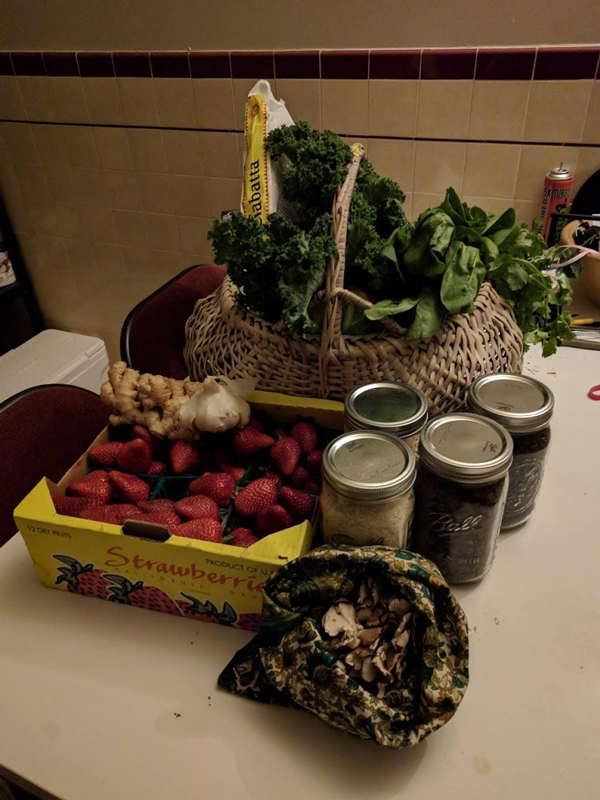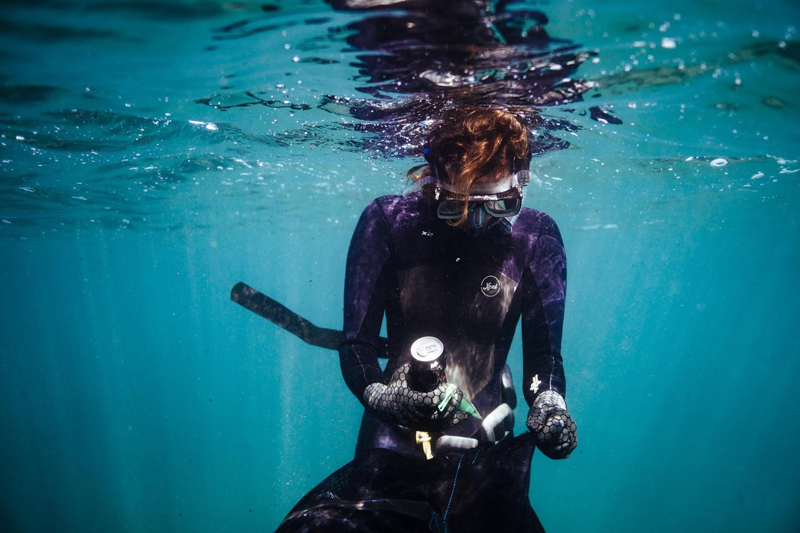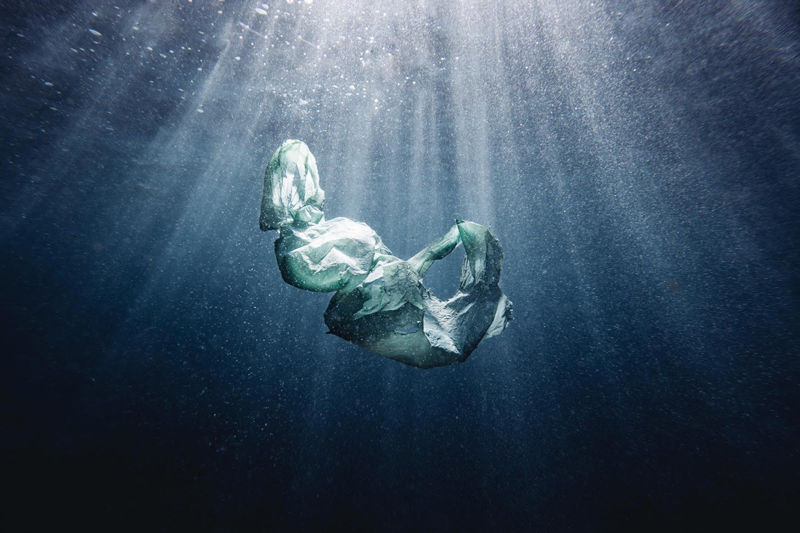How many times have you seen a metal straw sitting in a plastic Starbucks cup? Or shoppers exiting the grocery store with reusable bags filled with plastic-wrapped products? Up until recently, I saw that as an ironic take on the plastic-free movement. However, I have come to understand that consumers can only do so much. It’s an unfair burden on citizens to have to radically change their lives in order to protect a planet that businesses and governments are also accountable for. Individual consumer choices can only take us so far; we need structural change - and that requires cooperation from governments and corporations.
Let me introduce myself, my name is Taylor. I’m in the last semester of my marine science degree at CSU Monterey Bay, and I have been zero waste for the past two years. I made the leap into a plastic-free lifestyle after returning from almost two years abroad. I spent a year of my hiatus from real life in Australia where I became involved with a freediving group. Instead of spearfishing like many freedivers, we hunted plastic instead. I started diving with an inspiring underwater photographer, my good friend and plastic-free inspiration, Aristo Risi. He and I organized events highlighting the issue of marine plastic by exhibiting his photography and giving talks about threatened marine species. After spending a year in Australia, Aristo and I traveled to South East Asia and spent most of our time in Indonesia, a country severely impacted by the global waste trade. At first, the amount of trash in the beautiful, pristine water caused me an extreme amount of distress, but after a while, I found myself becoming apathetic to the amount of plastic pollution I saw. I realized that I ignored the issue because I was also contributing to the problem by participating in a comfortable lifestyle in my own country.
When I returned home, I reinvented my life around reducing plastic waste. I found that a majority of my plastic use was associated with food packaging, so I developed a satisfying practice of shopping in bulk with glass jars and produce bags. The plastic caps and lining of almond or oat milk cartons were at first something I excused until I learned how easy and cost-effective it is to make my own nut milks. I then moved to reinvent my selection of personal care products by replacing my plastic shampoo bottles with bars, switched to bamboo toothbrushes, and started making my own laundry detergent and toothpaste. After a few months of practice, I successfully omitted most of the waste I would have otherwise produced on a daily basis. I was surprised by how easy it was. I was also surprised at how eager my friends were to pick up the same habits. We started supporting each other in reducing our plastic impacts. However, we have the privilege to make these changes. Many people don’t have the time to make DIY cleaning products or deodorant and they don’t have the money to spend on metal tiffins or bamboo toothbrushes. We need to rewire the way industry supplies products to people who can’t afford a plastic-free lifestyle.

My first successful plastic-free shopping trip in 2018 (I return the strawberry punnets at the market each week)
I’m very grateful to attend a university that puts such a large emphasis on environmental issues. One of my most inspiring classes has been my Marine Science Service Learning class in which we are currently discussing plastic pollution. We were tasked to audit our own plastic use and come up with solutions that focus on making businesses and government more accountable. I started learning more about ways we can influence our communities beyond just being conscious of our own consumptive practices.
My relationship with plastic has been evolving and I’m working my way to final stage waste warrior. I started as a person who picks up trash from the beach, and then the ocean. I then came to terms with the fact that we have to approach the problem from the source, so I changed my own habits. Now that I’ve removed waste from my life, it’s time to look up the production chain. The next step is looking towards businesses and demanding more sustainable packaging and products. I’m working on getting involved in my local community by attending city council meetings discussing bag bans and working with the Surfrider chapter in my area. It shouldn’t be solely up to consumers to preserve the planet. All parts of our global society should share the responsibility of keeping our home clean and its inhabitants healthy.
Break Free From Plastic’s Brand Audits are the movement’s way of taking one step further beyond ocean and shore cleanups, tracing plastic waste polluting the waters back to the corporations and suppliers producing them in the first place. Want to join a brand audit? You can sign up here.





